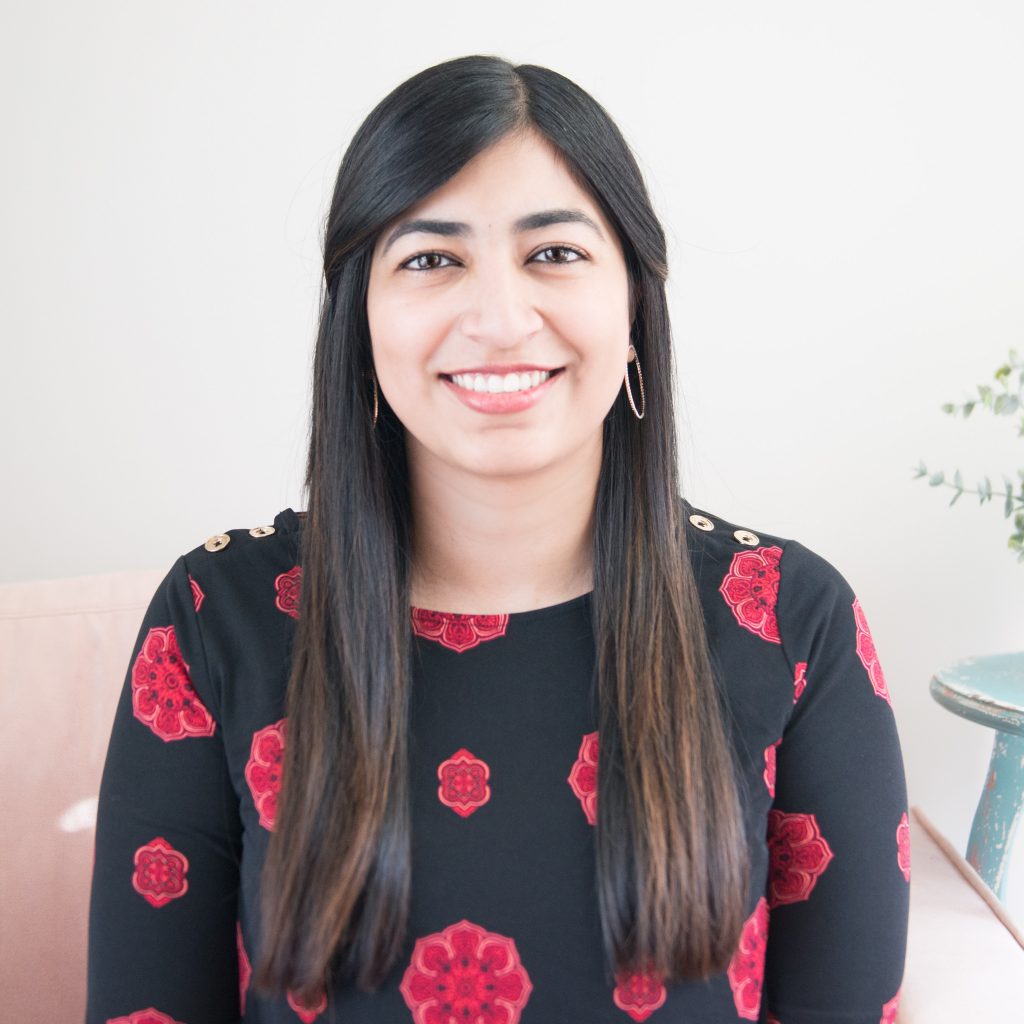
CONTACT
Tel: 312-436-1657 EXT 3
Email: tsiddiqui@chicagoclinical.org
CLINICAL INTERESTS
Complex trauma
Anxiety and depression
Relationship difficulties
Sexuality and gender identity
ACCEPTED INSURANCE PROVIDERS
Aetna PPO
BlueCross BlueShield PPO
Blue Choice Preferred PPO
EDUCATION
The Chicago School of Professional Psychology
Master of Arts in Clinical Psychology
Doctorate of Clinical Psychology
About Tameer
I am a licensed psychologist and completed my doctoral training in clinical psychology at The Chicago School of Professional Psychology. My doctoral dissertation explored the relationship between employee burnout, inpatient psychiatry, and trauma-informed care. My previous research examined the developmental impact of stress/trauma on the evolving brain as well as how the rewiring of neural networks can regulate the brain’s sensitized and dysregulated stress response system through evidence-based psychotherapy.
I have committed to depth and breadth throughout my clinical experiences, working in a variety of mental health settings (e.g., outpatient clinics, hospitals, VAs, residential, corrections, community mental health, teletherapy platforms, and now private practice) with diverse populations (e.g., ethnic and racial minorities, sexual minorities [LGBT+], marginalized communities with significant health disparities, individuals in rural communities with difficulties accessing mental health care, and individuals across the lifespan), all of which have afforded me the opportunity to treat individuals with a wide-range of acute and chronic mental health concerns.
Beyond this work, I enjoy spending time with my loved ones, playing with my cat and dogs, watching a good show, and reading a good book.
I work well with adult individuals and adult couples committed to their growth and healing. The kind of people who are engaged, motivated, and actively involved in the therapy experience. Typically, my clients are interested in increasing insight and self-awareness of their problems, exploring their psychosocial patterns, developing more adaptive coping strategies, and processing the cognitive and emotional aspects of their experiences while mindfully engaging in behaviors that align with their values and goals. These are usually the kind of people who are exhausted with suffering and recognize there must be a better way.
My clinical focus primarily consists of working with adult individuals or couples experiencing post-traumatic stress, anxiety and/or depression, relationship difficulties, work burnout, grief and loss, anger mis-management, major life transitions with adjustment problems, and identity development issues intersected with culture, age, ethnicity/race, gender/sexuality, and physical/mental health conditions.
What I’m like as a therapist:
I believe the foundation of a helping relationship lies in fostering a safe space in which a person can show up as they are and reveal their vulnerabilities in the presence of a therapist who holds them in positive regard, while highlighting their strengths and exploring together areas of growth. Within this therapeutic space, I work collaboratively with individuals and witness their transformative self-healing as they learn to tap into reservoirs of inner strength, courage, and self-care. In addition, I understand we are multi-faceted beings and therefore like to emphasize the bio-psycho-socio-spiritual (if desired) and experiential aspects of an individual’s multidimensional identity as a way to honor and explore the whole person.
While my clinical experiences have been deeply rooted in cognitive-behavioral approaches (e.g., CBT, ACT, and DBT), I have also utilized EMDR, Internal Family Systems, motivational interviewing, solution focused brief therapy, and psychodynamic interventions. I recognize flexibility in therapeutic work is critical to the wellbeing of the clients I work with, and I tend to gravitate towards a relational, insight-oriented, emotionally focused, integrative therapeutic approach depending on the client and issues at hand. With every treatment angle, however, I understand the importance of utilizing a culturally sensitive evidence-based framework with a trauma-informed, multicultural lens.
